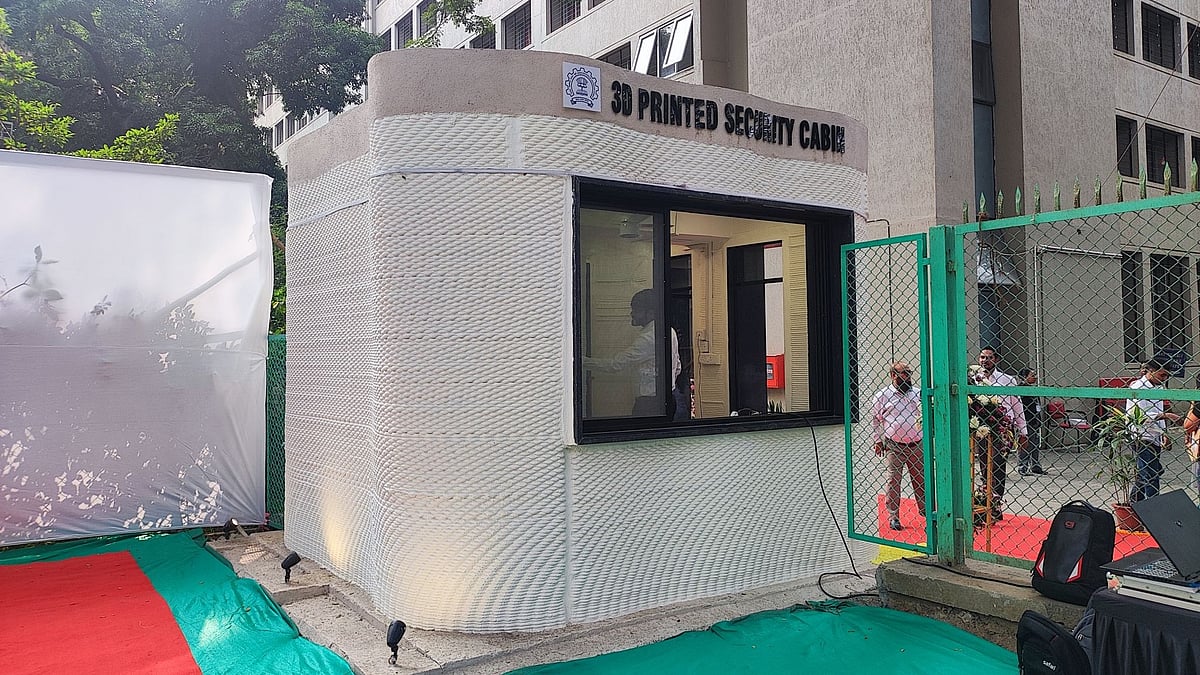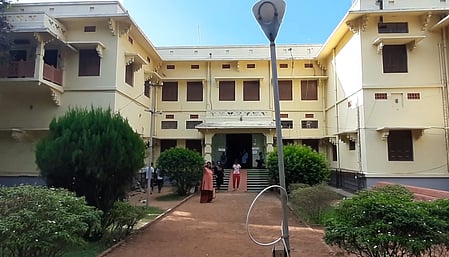(The Free Press Journal publishes articles by study abroad consultants, Consulates, foreign universities, international students, and much more every Saturday to give its readers a glimpse of the world of overseas education.)
In an interview with The Free Press Journal, Dr. Eirini Gallou, Programme lead: MSc in Sustainability and Teaching Fellow, University of Strathclyde, UK, talks about objectives and focus areas of MSc Sustainability course, job prospects in the UK, and more. Excerpts from the interview:
What are the future/ job prospects for Sustainability courses, especially in the UK?
Following completion of this master’s programme, students can be part of private consultancies to government agencies or NGOs, or even local authorities or governmental environmental regulators, businesses, and agencies. The programme is designed to equip our graduates with core skills for a career in organisations concerned with sustainability. Sustainability professionals in the UK and beyond may be focused on:
Sustainable resourcing, circularity and waste management approaches
Sustainable product innovation, entrepreneurship
Sustainability reporting, metric development, analysis specialists
Ethics and governance advisors
Environmental, social, and governance (ESG)
Wider roles our graduates would be suited for include communication, climate science approaches, advocacy, roles in the policy analysis or leadership in regulatory bodies and international organisations ranging from:
Socio-economic analyst (with focus on SD)
Policy advisor and governance advisor
Environmental strategy leader
Circular economy expert/specialist
Does the course incorporate the United Nations Sustainable Development Goals (SDGs)?
Yes, the course starts with building in integration of the SDGs and the context around them in the learning content. We consider this key aspect of learning for sustainability, being able to justify links between projects and action to local and global impacts, based on evidence. The SDGs also serve as a framework for measuring success and prioritisation of actions across multiple organisations and countries and the programme will enable direct work on exploring this at an international context and rapidly changing business world that needs to respect the limited natural resources our planet still has. The merging of the SDGs with other frameworks like the planetary boundaries and systems thinking approaches are at the heart of the learning experience.
What are the projects that students can undertake in this course?
The course will include field-based projects, challenge-based work and group assignments as well as essays and reports in the format of individual submitted assignments. Research areas will focus on circular economy solutions, infrastructure and urban planning innovations as well as socio-economic systems change-projects that may support community wellbeing in the long term while protecting natural resources and protected areas. Students will have at least one project dealing with campus and city-based challenges to let them understand the Scottish context and work with stakeholders on the ground.
At the same time the course offers a programme of presentations by sustainability experts including activists, entrepreneurs and policymakers allowing students to learn from lived experience and expertise across a range of career posts.
Why has Strathclyde Business School launched the MSc Sustainability course?
The course builds upon the breadth of sustainability work across all four faculties in Strathclyde and offers to prospective participants a unique opportunity to work in interdisciplinary groups, meet people from all over the world and focus on a particular specialism which helps them focus and capitalise on their learning experience. Real life scenarios and case studies will be used to support experiential learning and dynamic feedback by stakeholders, experts and community members will be included where possible.
What are the main objectives of the course?
The course uses complex frameworks like the UN SDGs within business and sustainable organisational contexts or initiative as part of compulsory classes work. Skills for working in interdisciplinary teams and addressing systemic and wicked problems are at the heart of the curriculum. Students will also familiarise with core concepts like circularity, wellbeing and prosperity, planetary boundaries, as well as the role of development processes in relation to local and global inequalities.
Optional classes under the specialism track offer you the chance to focus on and develop skills in an area of interest.
The specialism tracks are:
Track 1 - Business challenges and responsible resource management
Track 2 - Novel economic approaches for sustainability
Track 3 - Social inequalities and policy for sustainability
Track 4 - Environmental resources and health
The course further appeals to people who may want to upskill to work in Sustainability oriented roles within their field and focus their existing skills in solving sustainability challenges, becoming the changemakers of the future.
What sets this MSc Sustainability course apart from other similar programs?
It is designed to mainstream Education for Sustainable Development (ESD) competencies, recognised by UNESCO as key for embedding sustainability in thinking and practice across curricula and does so under an interdisciplinary programme design, which is unique in its kind. In that sense, it will enable participants’ exposure to novel teaching approaches, integrated problem-based learning and stakeholder working tools.
The course also provides unique opportunities for learning through competitions, extracurricular activities that match students’ interests and the opportunity to present their work through our ESD conference on an annual basis. The programme also offers PGCert and PGDip degrees (lower than 180 credits) which may be suitable for working adults wanting to expand their sustainability knowledge and learn from experts to bring back this knowledge to the world of work.










